That was certainly an improvement over the first episode for Karaoke Iko. The premiere was pretty good but left me with more questions than answers in every way. I still have some, but overall this was a more engaging experience. The elephant in the room is still the prospect that an adult man is starting to put the moves on a 14 year-old boy, but my hope is that will never get past the vaguely suggestive, quasi-comic stage. If so I don’t think it’s a big problem, not only for the obvious reason but also because the series can probably avoid the cliches endemic to that subgenre.
If I were to point to one area where this ep was an improvement, it would be tone. Overall things were much lighter, with more of a focus on the absurdity of the situation (and let’s face it, it is pretty absurd). The arrival of Satomi’s parents – played with much levity by Amada Masuo and Noiichi Yuuko – helped. Overall the series struck a pretty good balance in depicting the yakuza humorously without totally glossing over the fact that they’re bad and dangerous people. And it pretty realistically depicts how all this could be sort of appealing for a kid Satomi’s age, even if he has the sense to also be terrified a lot of the time.
A lot of that terror comes from being paraded before a whole group of mobsters, the product of a bath session (with the whole sento rented out so tattoos were not an issue) where Kyouji spills the beans about his teacher. Satomi obviously has some experience in front of large groups, but this is different enough from a performance that his introvert tendencies assert themselves. It doesn’t help that the group is pretty over-the-top, one of whom even threatening the boy when his honest feedback is a little too honest.
One of the results of this encounter is that it makes Kyouji himself seem relatively harmless for Satomi. So much so that he rescinds his earlier “I’m done!” and asserts that he could continue to teach Kyouji as long as it’s just him. This whole session comes on a day when Satomi was supposed to go strawberry picking with his classmates, and while he comes home with a box of (sour) strawberries he also comes home smelling like a cigarette factory (one reason I avoid karaoke lounges). His mom notices this of course, but seems surprisingly blasé about the whole thing. And all his dad has to say is asking whether he’s in his rebellious phase.
Again, it’s not hard to see why Satomi would find all this a bit exciting. He is at that rebellious age – after a lifetime of being a good boy he longs to be dangerous (as all good boys do). He’s also wrestling with the existential crisis of losing that around which so much of his self-identity seems to be centered, his singing voice. Being treated as a shishou by a big, tough bastard like Kyouji is good for his ego, and teaching him allows Satomi to do something in the world of music that isn’t threatened by puberty.
Still, all this is a fantasy – even setting aside the disturbing possibility Karaoke Iko! teases at times. Satomi can teach Kyouji until the dreaded competition (he goes out of his way to compiles a list of target songs for him), but when it’s over there’s no justifiable reason for this relationship to continue. There are signs that Kyouji understands this is not a good thing for Satomi (like the care he exerts in making sure Satomi knows how dangerous the wrong side of the tracks is), and Satomi’s nightmares betray that deep down he knows that himself. But can a guy who drives a child around with a severed finger in the glove compartment be trusted to make good decisions where that child is concerned?


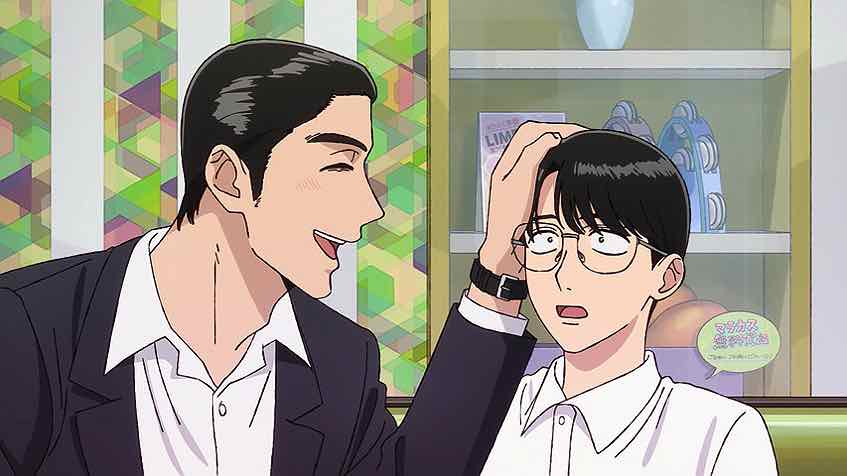
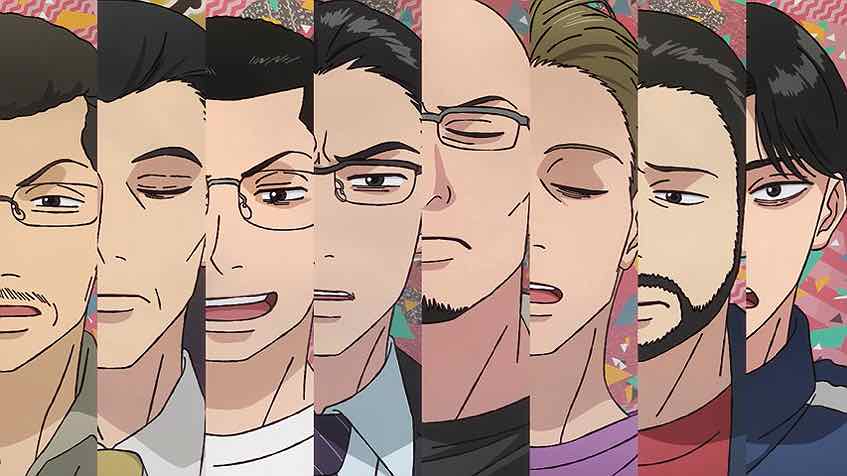
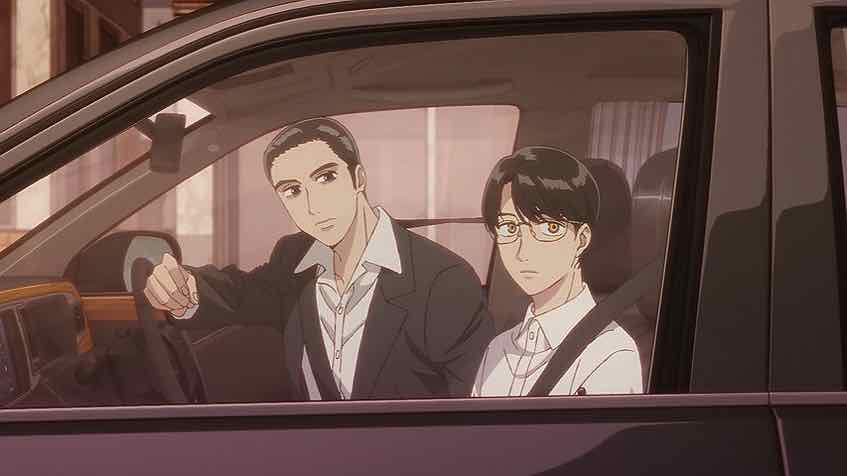
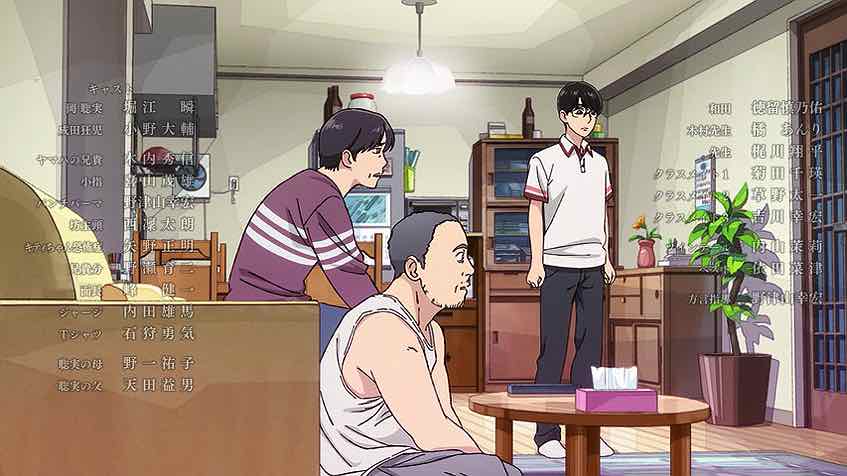
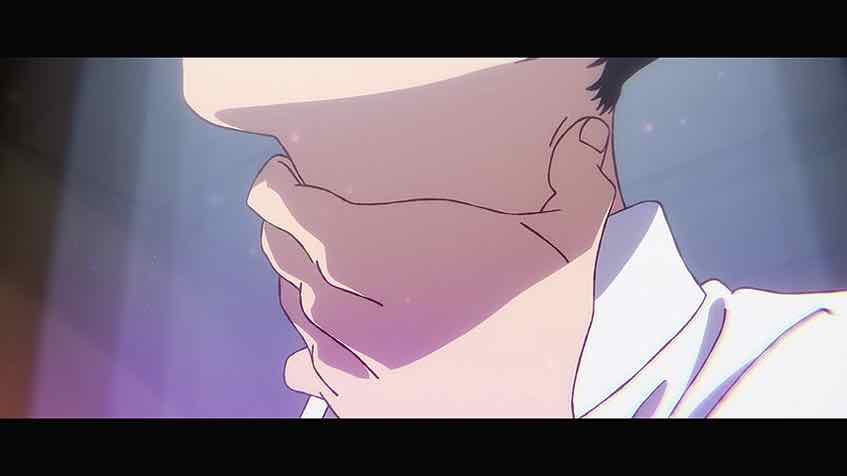
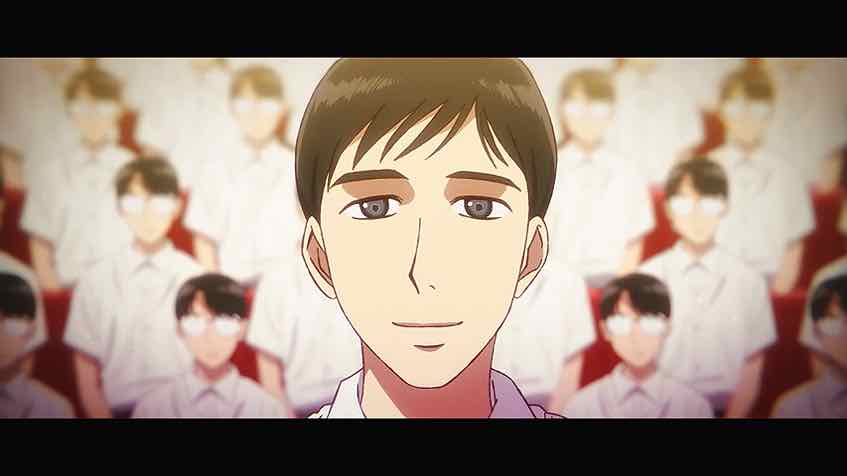
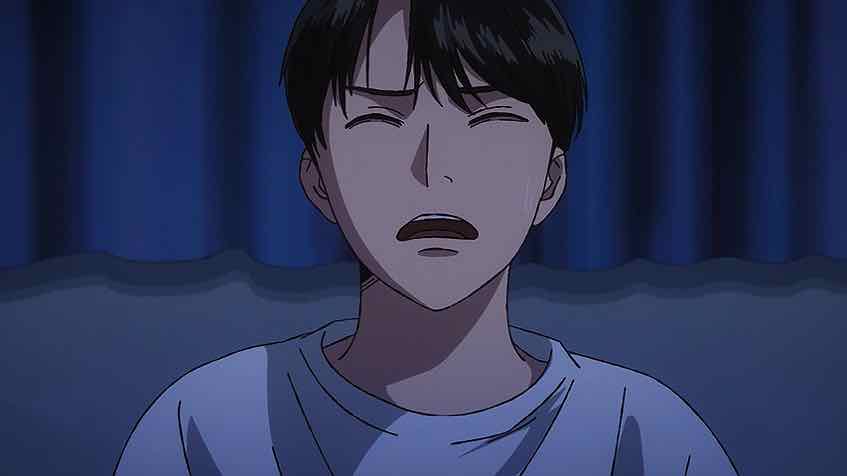
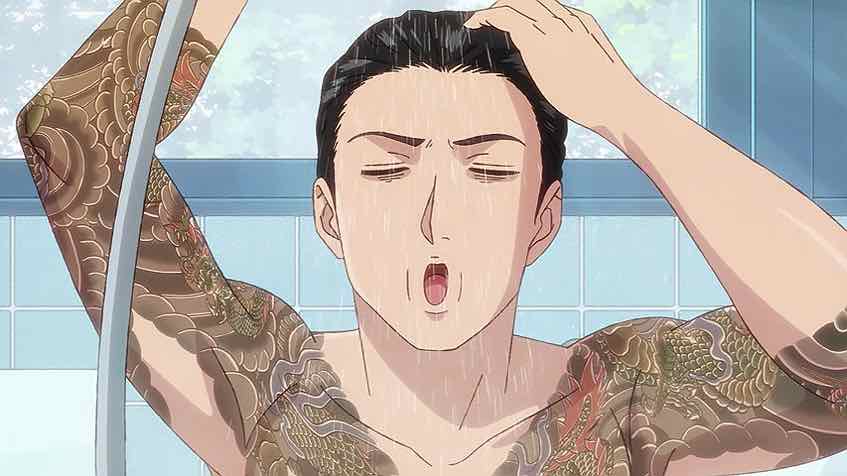
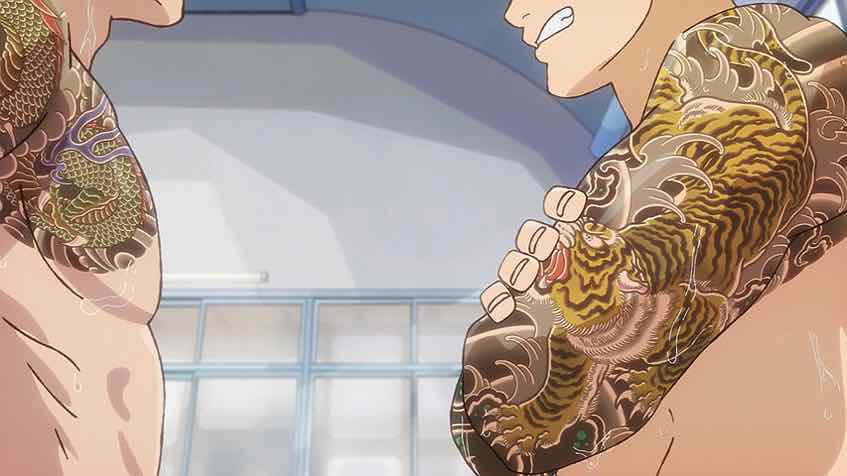
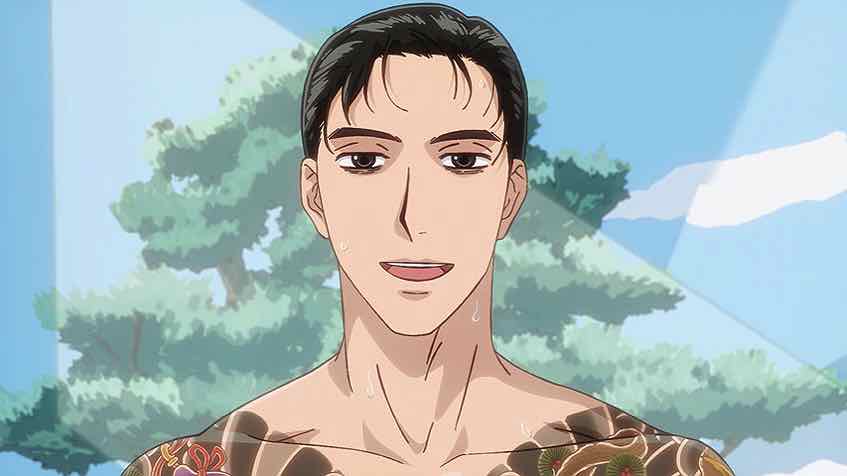
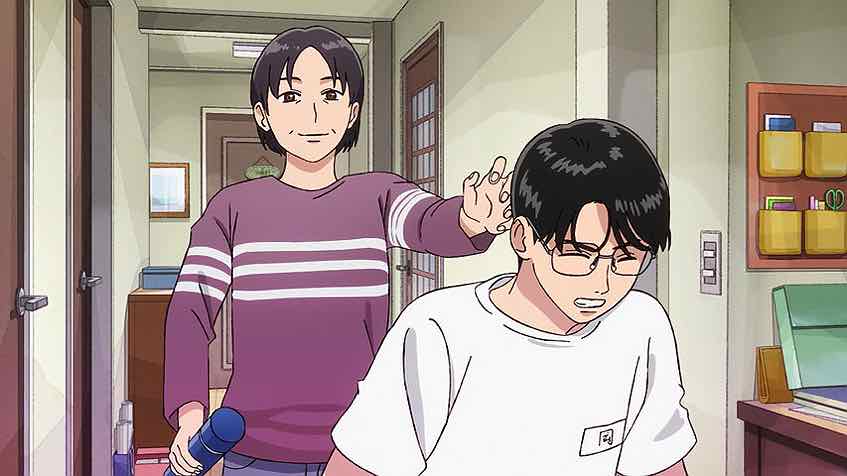
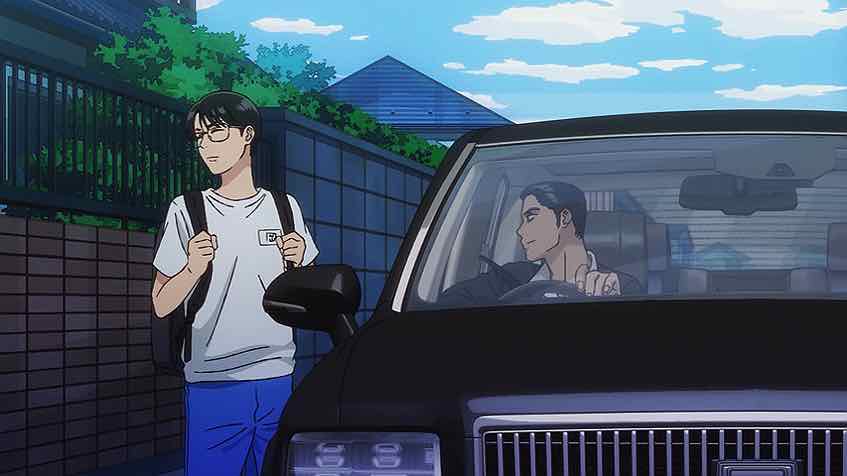
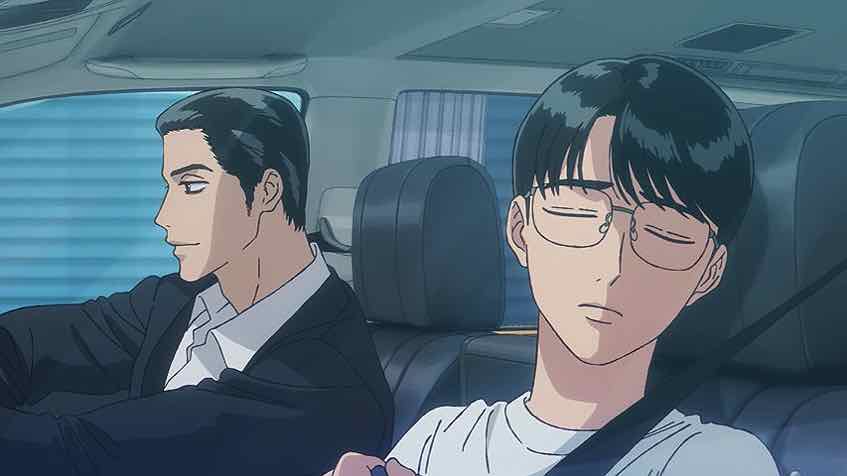
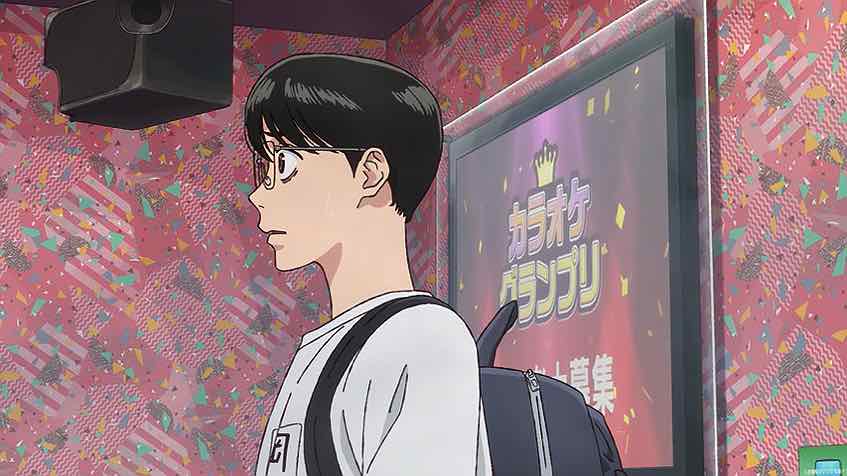
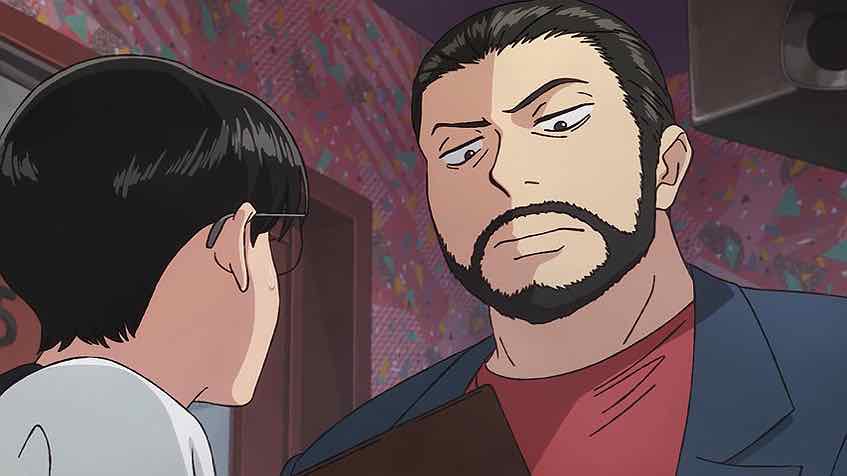
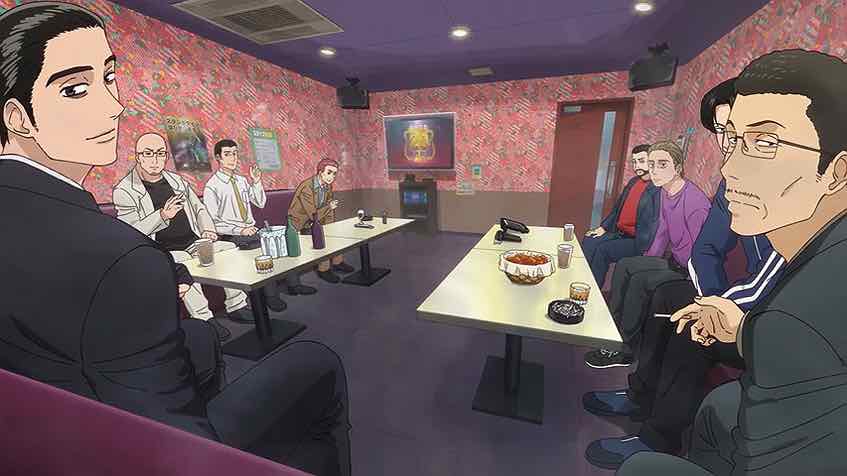
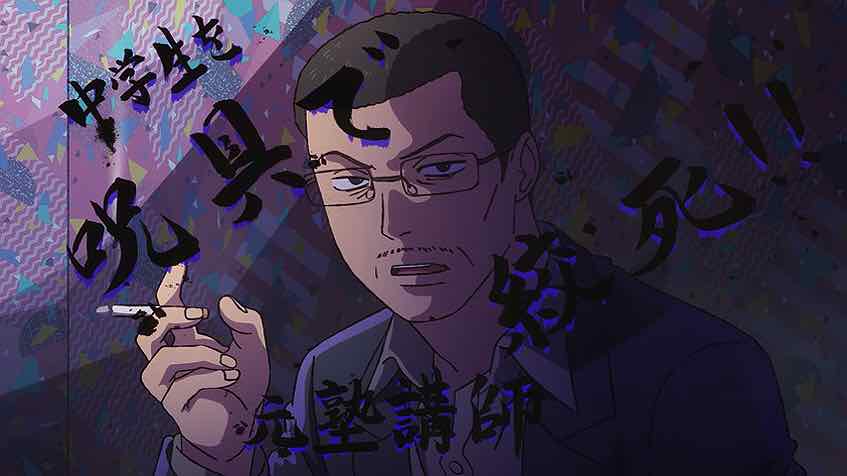
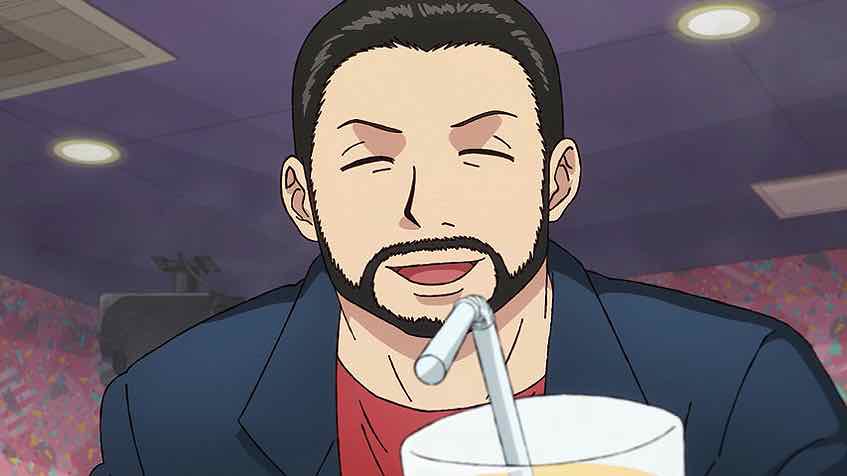
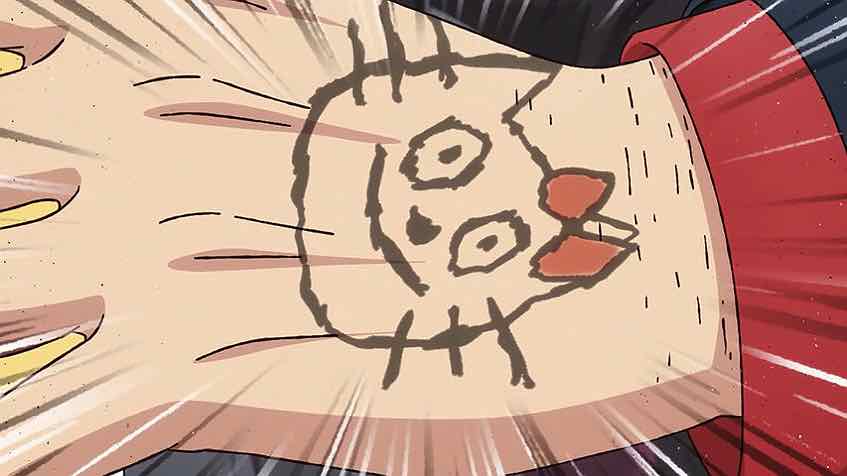
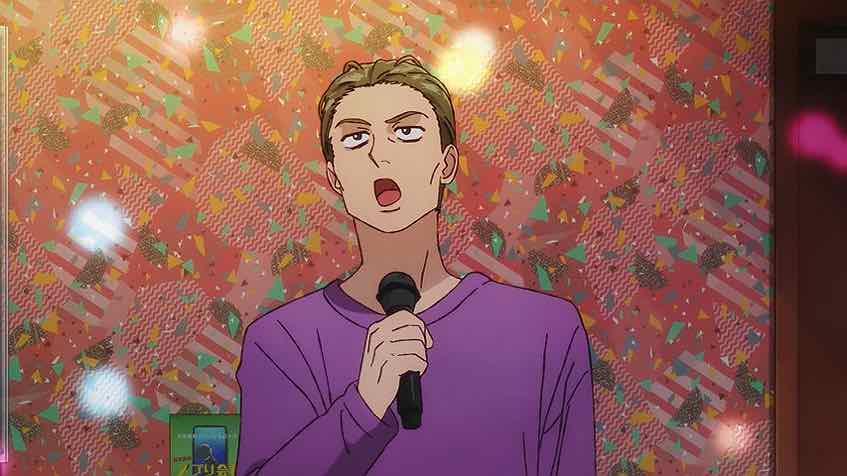
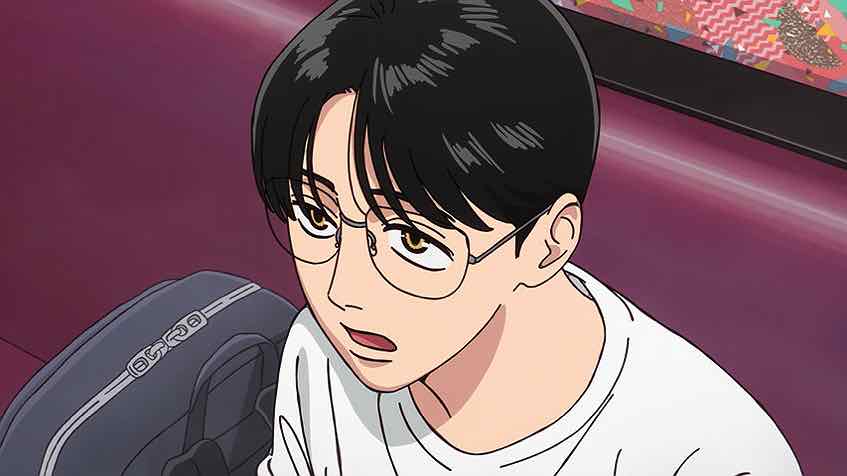
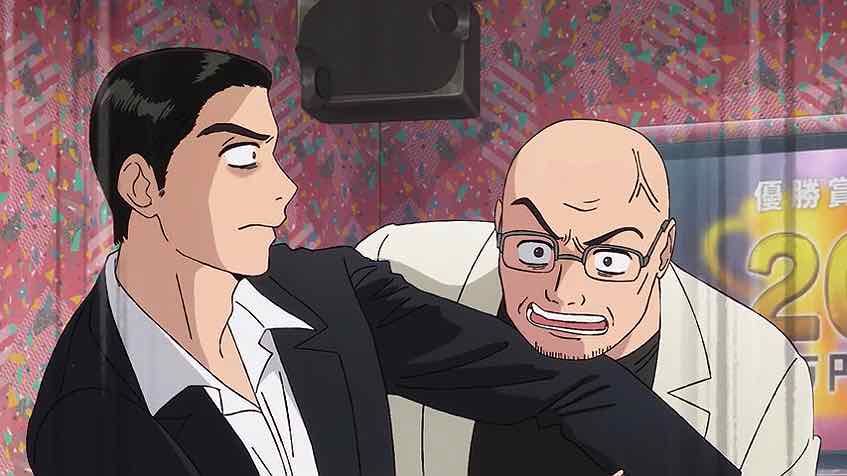
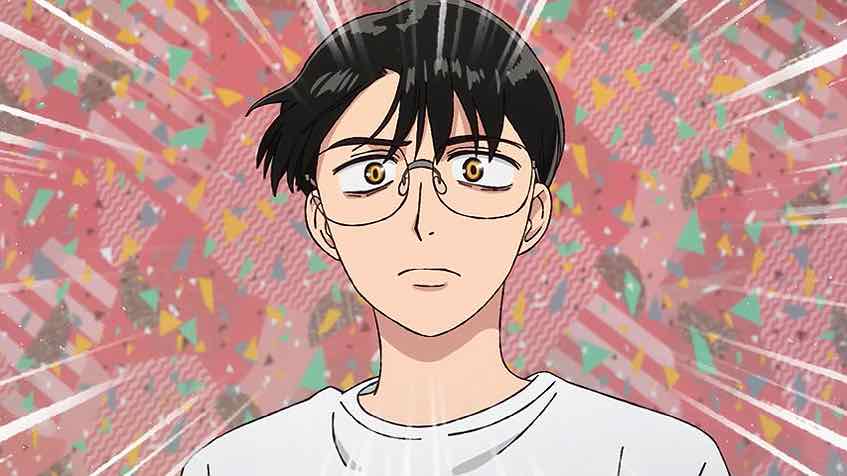
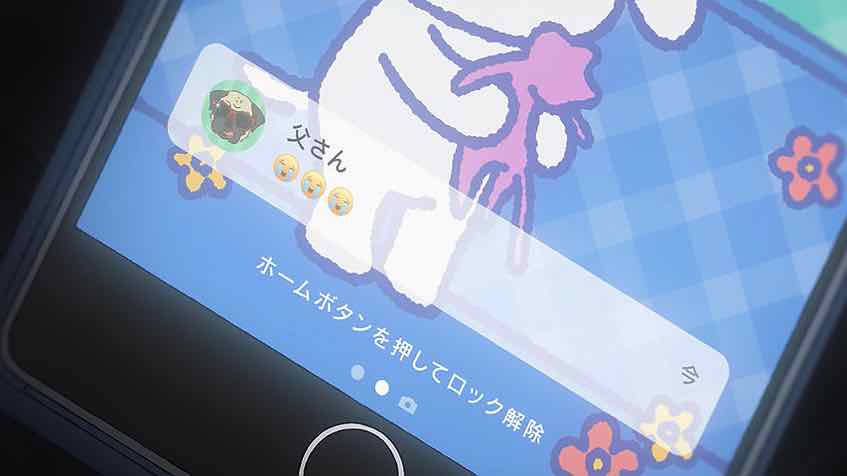
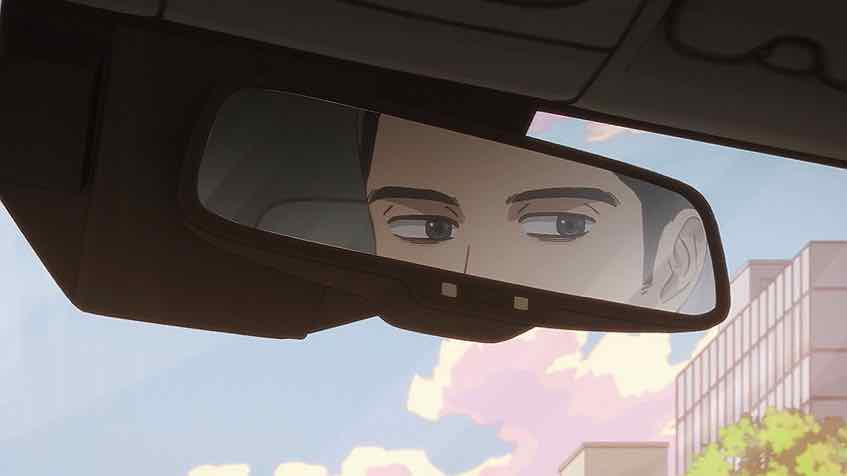
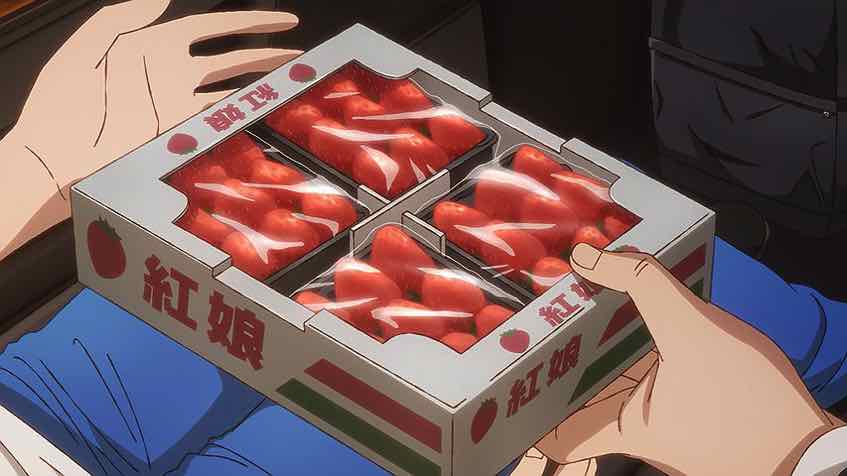
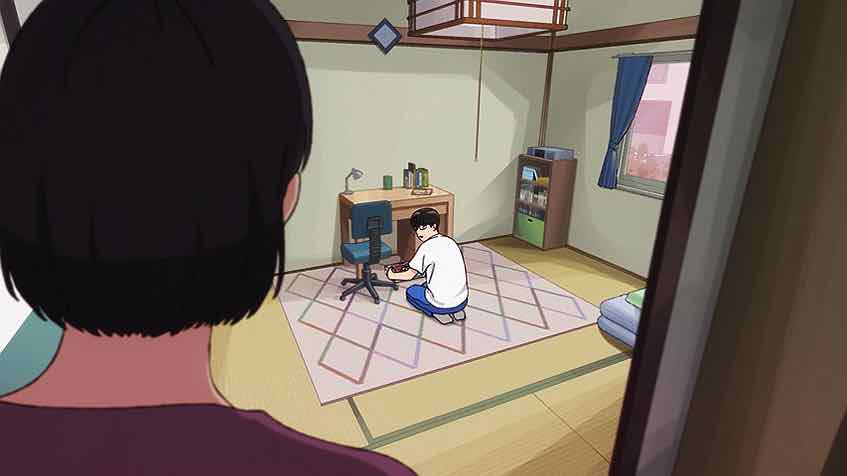
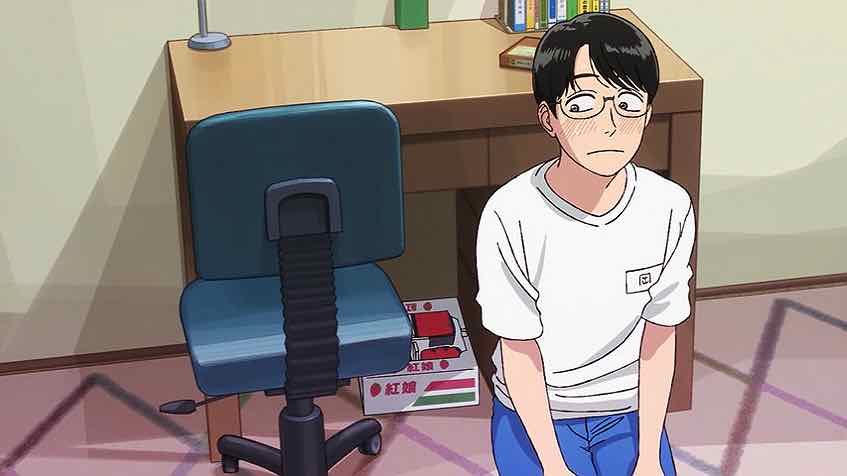
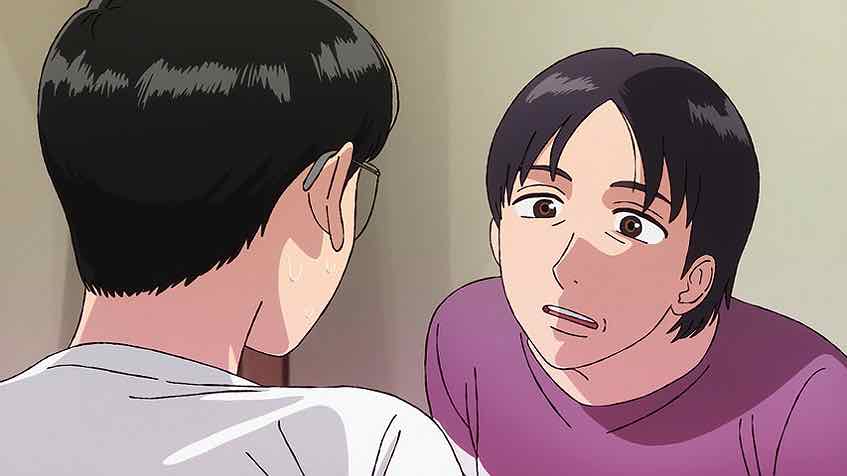
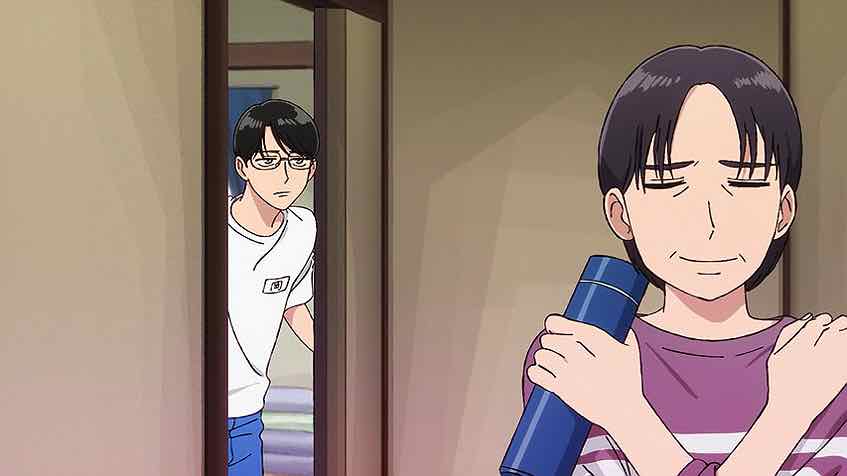
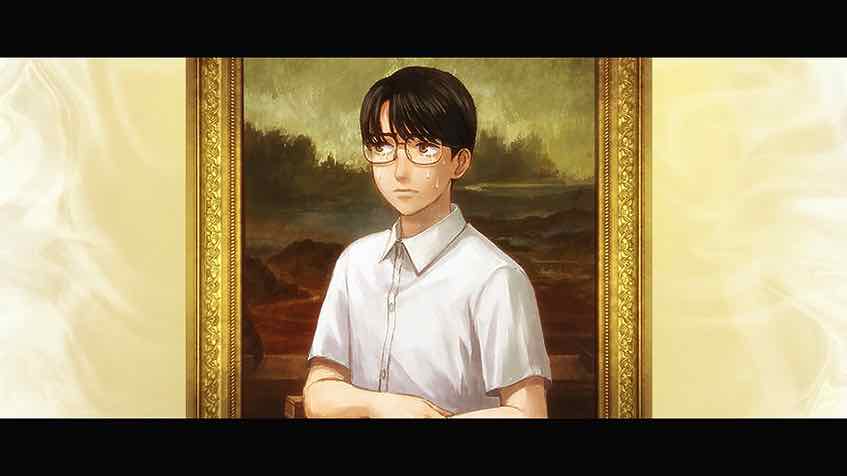
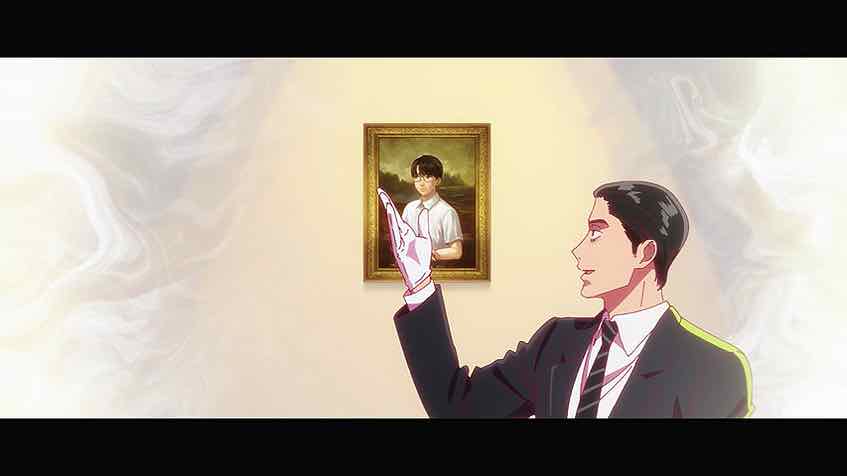
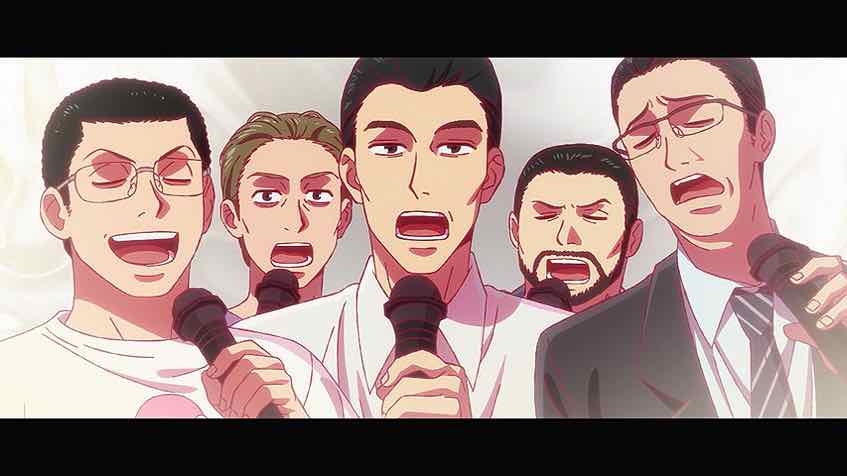
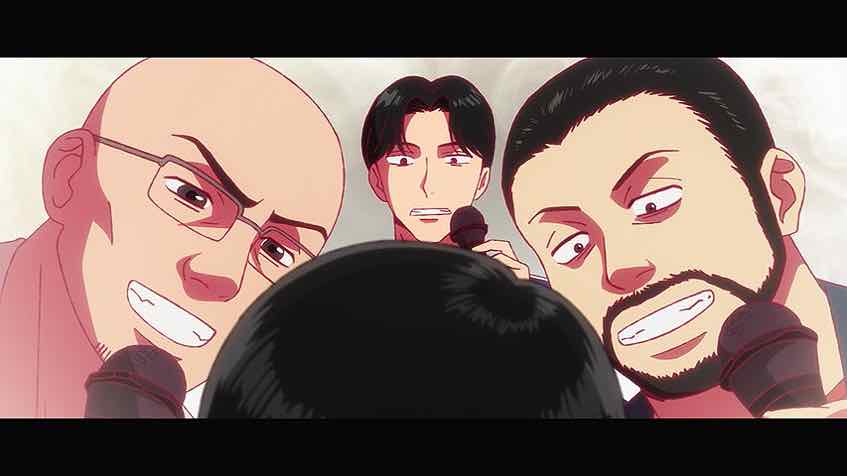
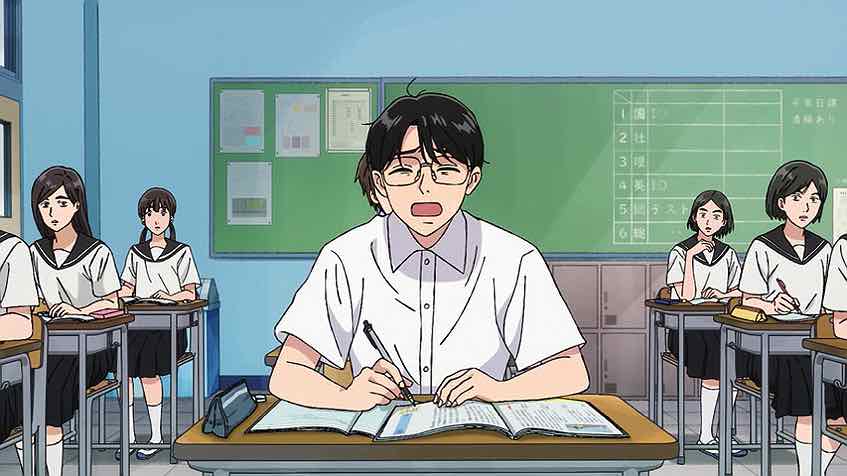
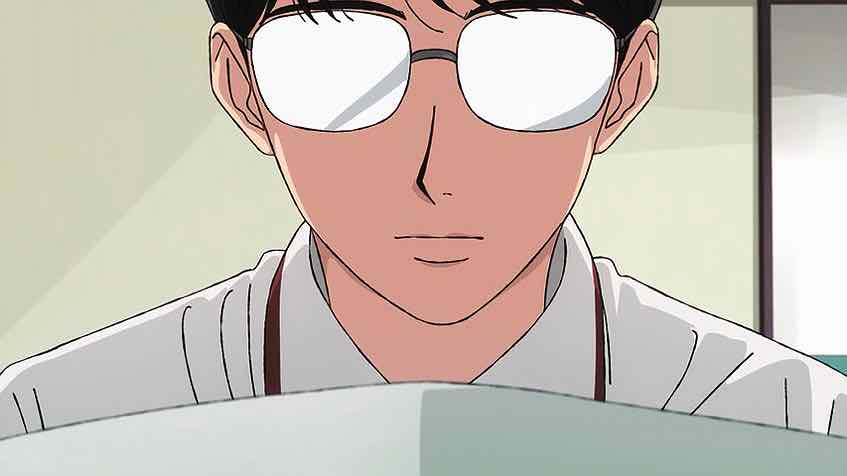
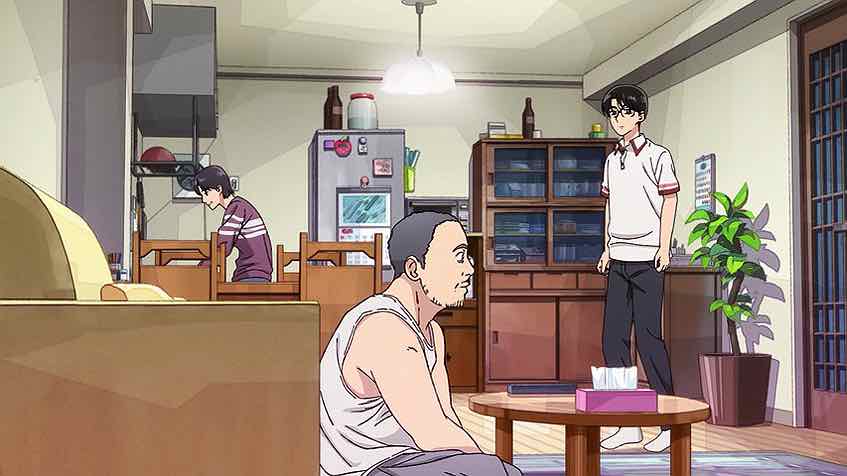
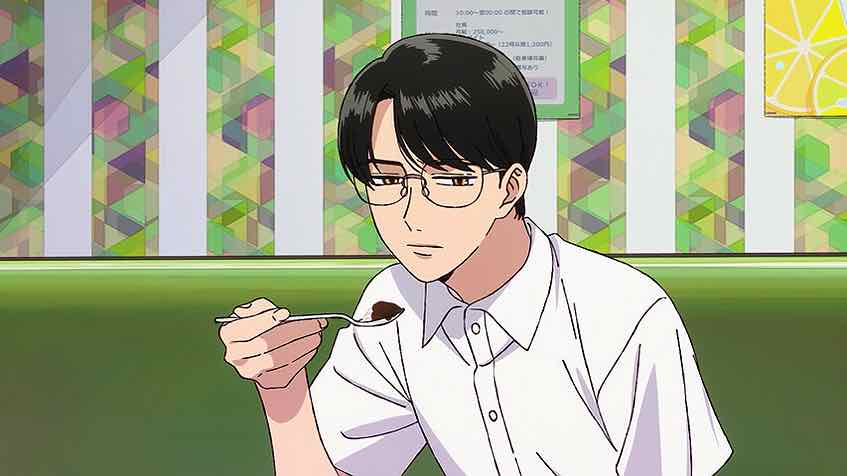
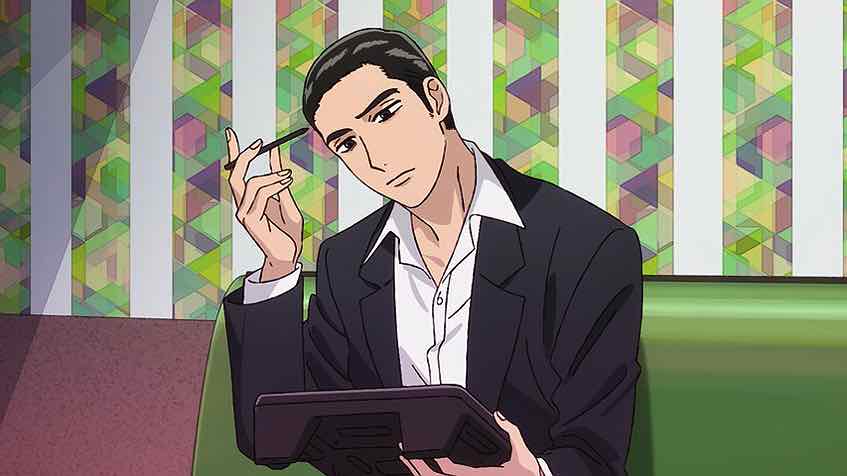
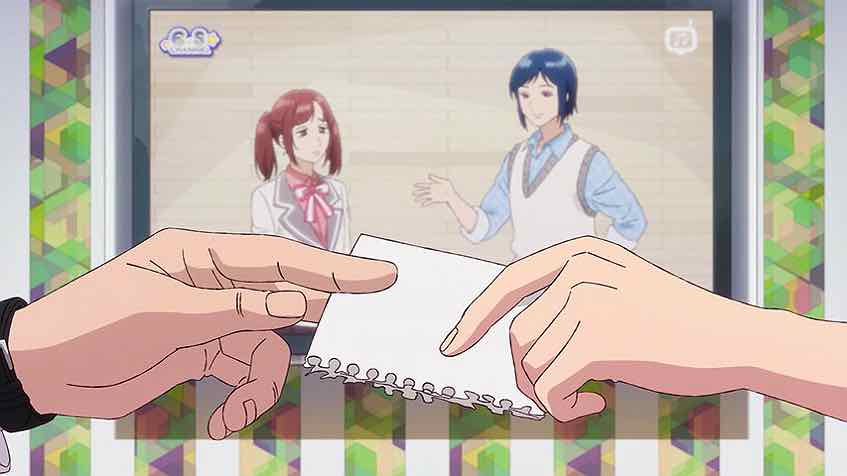
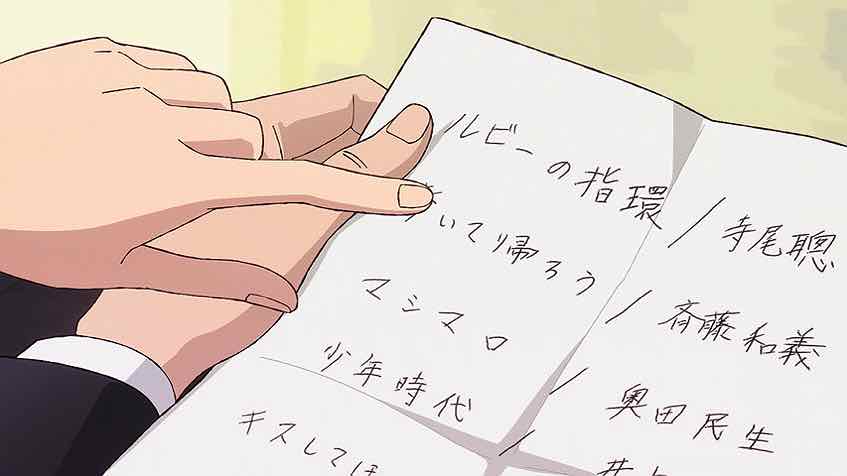
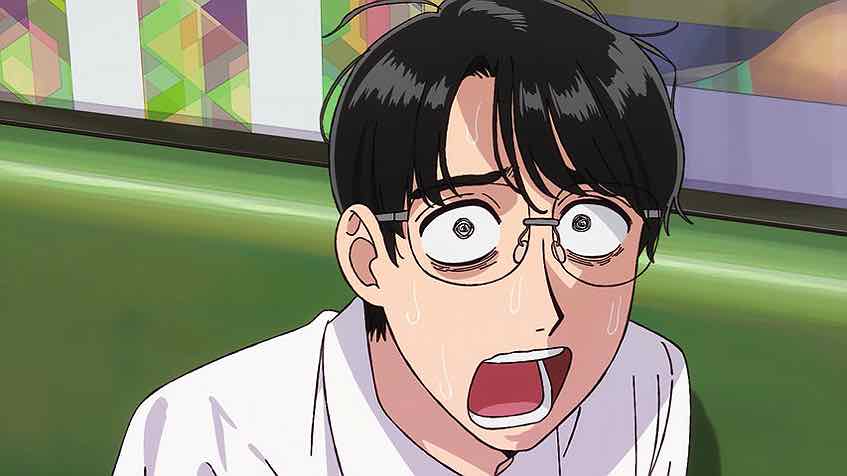
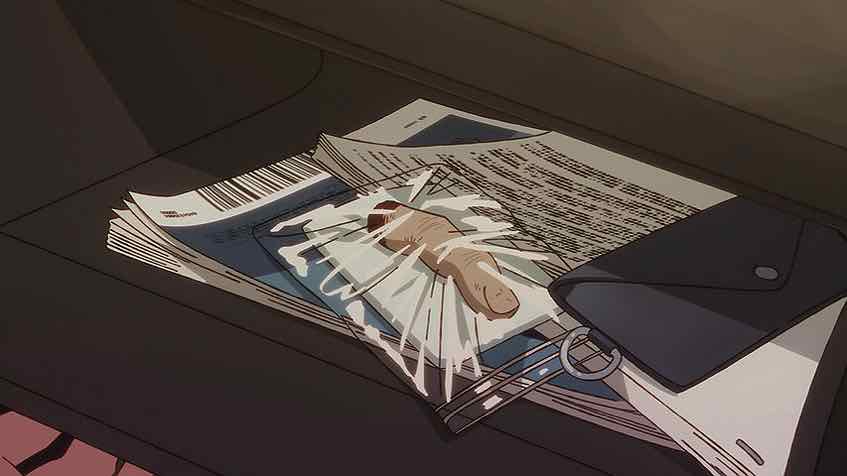
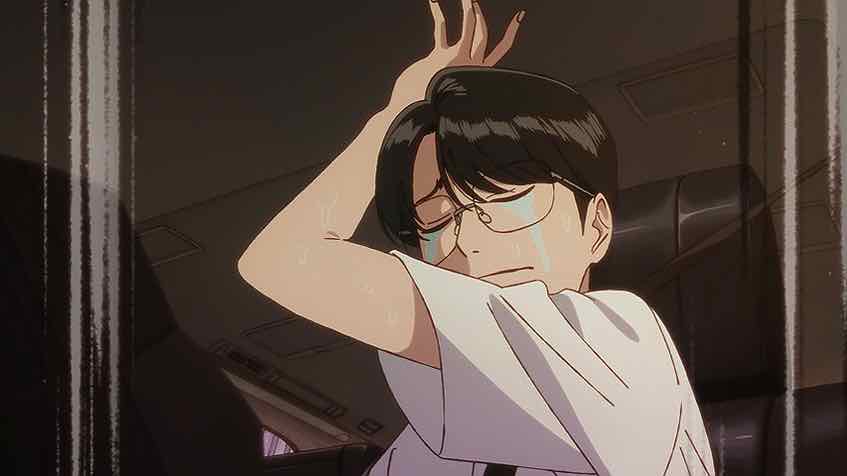
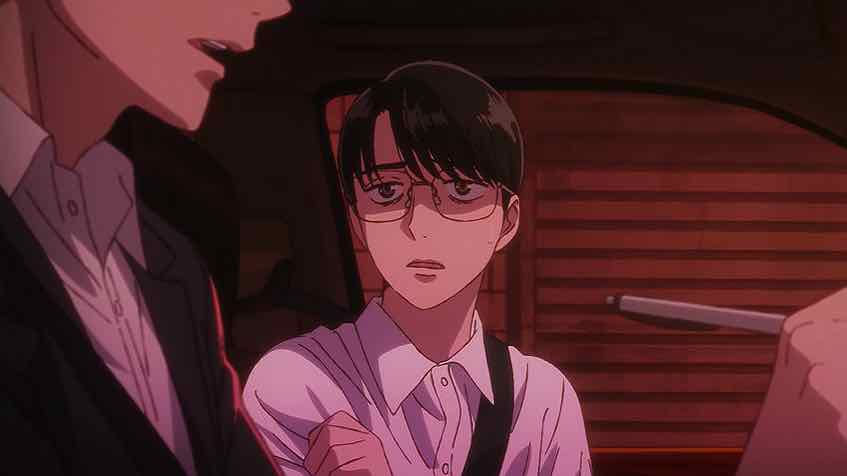
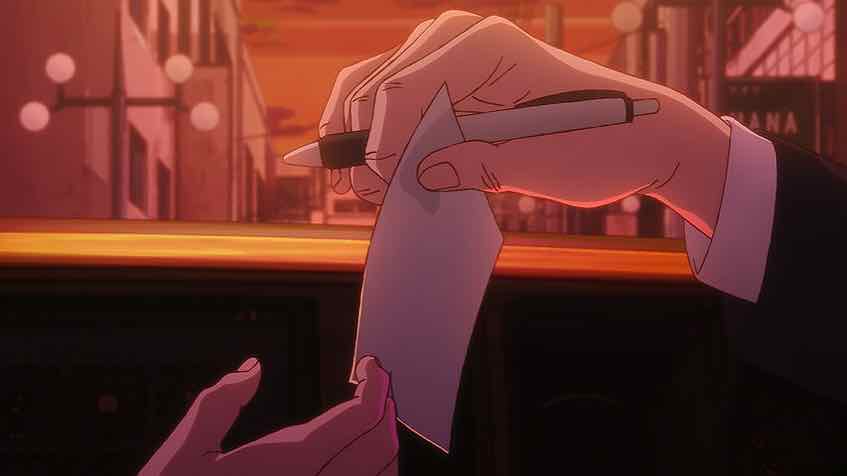
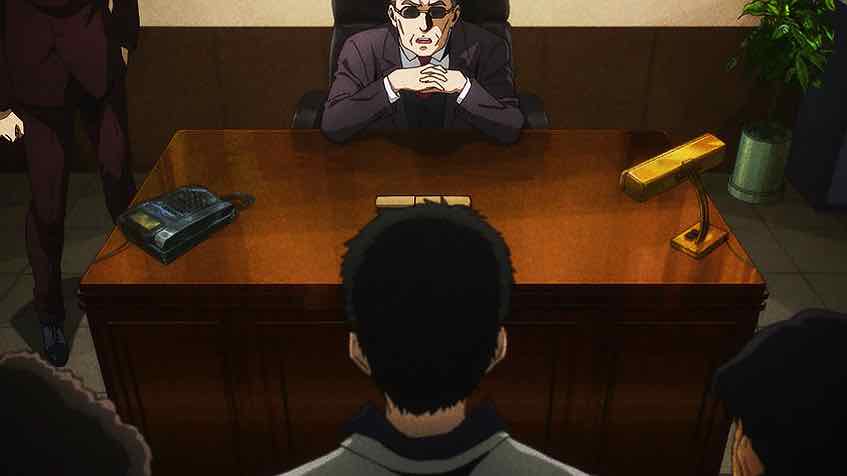
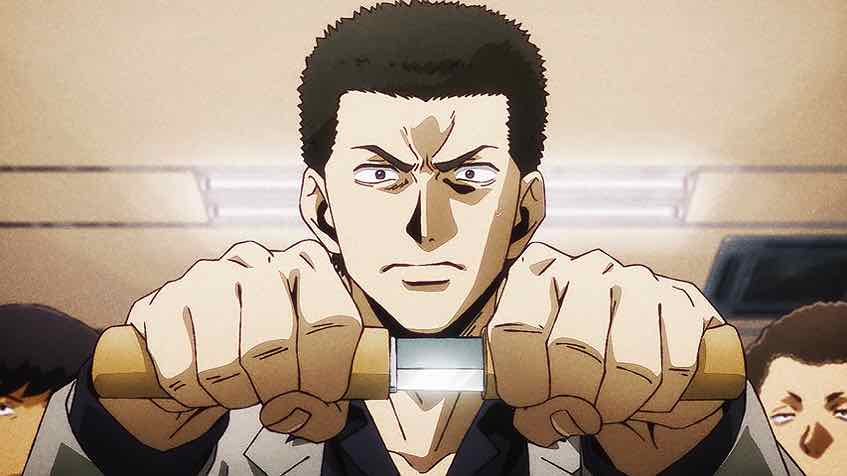
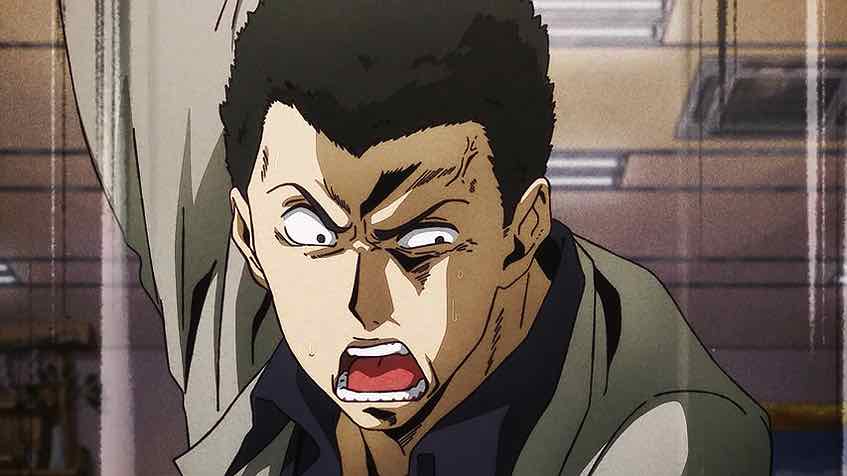
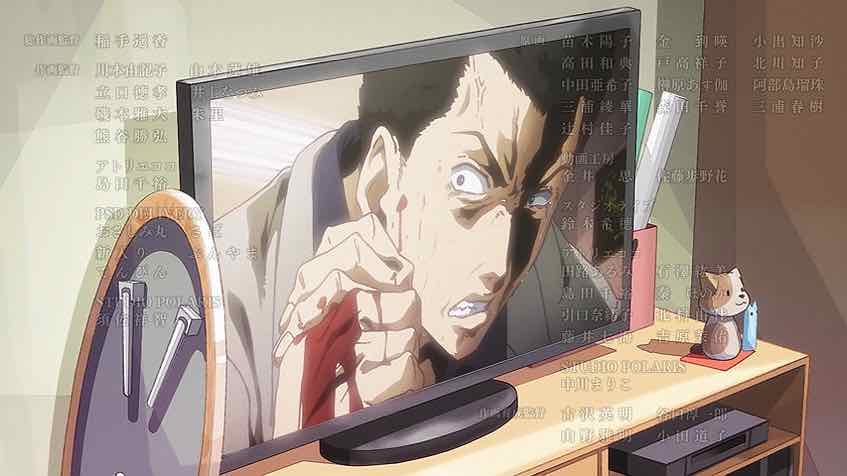
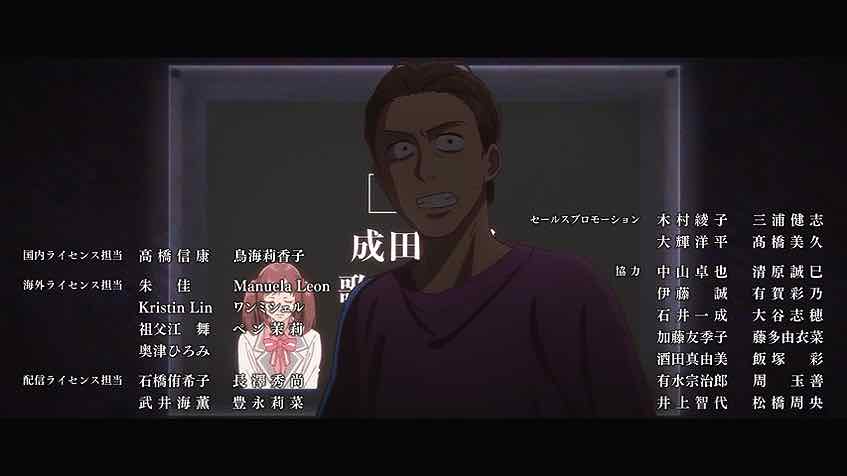
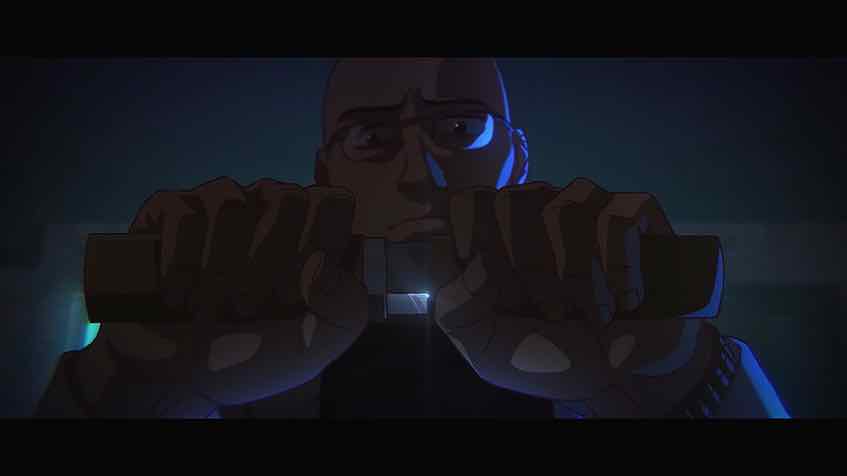
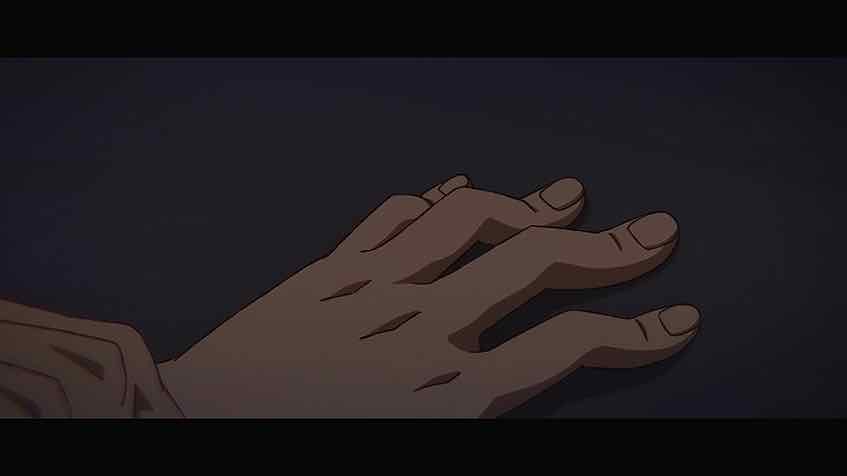
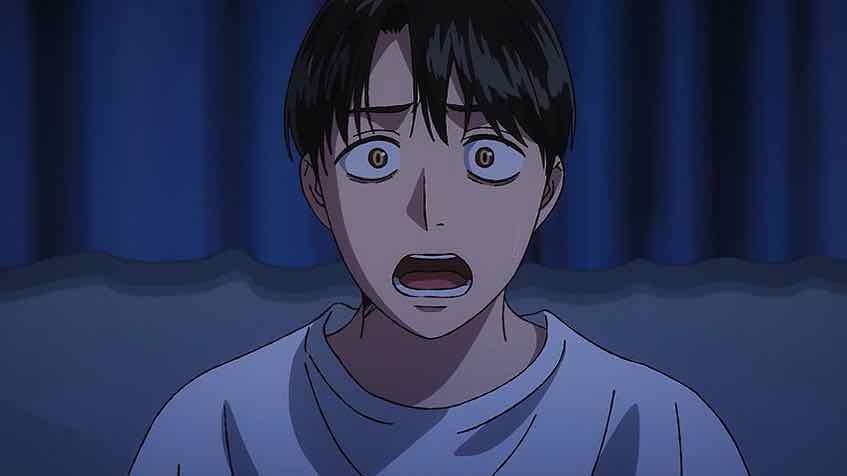


mogumogu
August 3, 2025 at 6:05 amWhilst this is clearly a classic (if not bizarre) coming of age story, I also think one’s enjoyment of this series hinges on firstly whether you can accept the fantasy of the premise, and secondly if said fantasy appeals to you or not. If you boil it down, it’s basically an urban isekai; and like most isekai, the core appeal is being whisked away from your boring life with its mundane concerns, and into a world where you’re treated as the main character. Where someone recognises you as being special. Where you’re *needed*. Despite him obviously turning a blind eye to common sense in pursuit of what he wants, I don’t believe there is any malice in Kyouji’s actions. But regardless of his intentions, I suspect the impact he’ll end up having on Satomi’s life will be anything but trivial. Like the song that’s been pointedly featured in both eps so far says, everything feels like a stab to the heart when you’re in the throes of youth. But eventually, you’ll look back on it fondly.